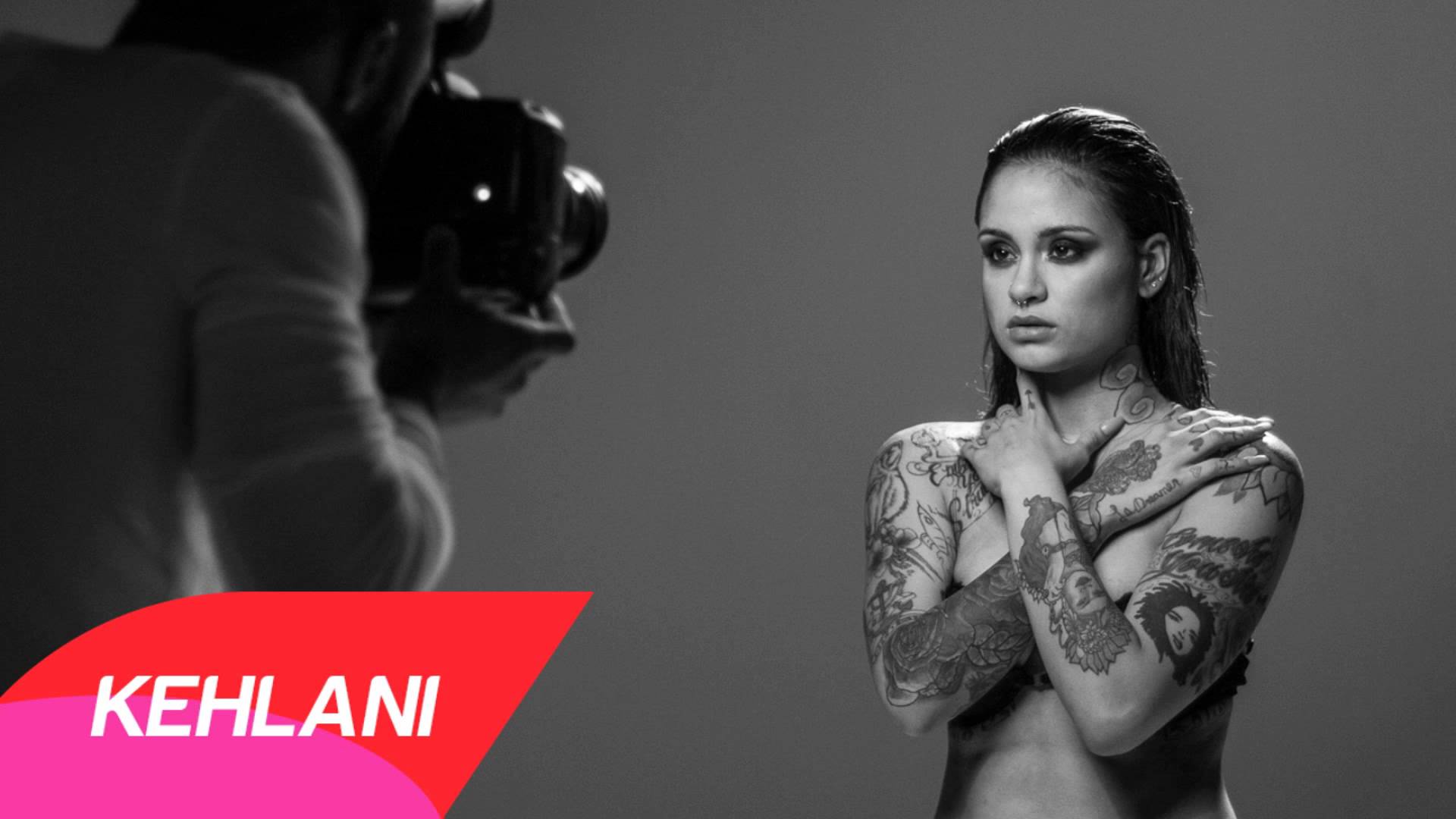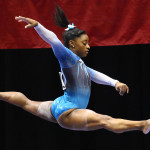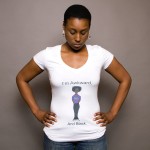by Ashia Ajani
Kehlani is a twenty year old R&B singer who attempted suicide last weekend after a cryptic Instagram post made the internet think that she had cheated on Kyrie Irving with PartyNextDoor (These accusations were later proven false).
Chris Brown even had some unsolicited words for the singer/songwriter, calling her suicide attempt a ploy for attention. But really, what poignant thing does Chris Brown have to say on the matter of cheating and terrible behavior? And although it was wonderful seeing Tinashe, Zendaya, and a slew of other women block Chris Brown on Twitter, he plays a very small roll in an overall system that demonizes women of color, especially Black women.
Kehlani is a prime target for cyberbullying: a self-identified bisexual woman of color.
When I first saw the Instagram photo of her distinctly tattooed arm with an IV in it, a searing hot wave of shame and anger crept up my throat and spread out over my cheeks. In that moment, I saw so much of myself in Kehlani. As Black queer women, we have to deal with the hypersexualization that comes with being Black, as well as the vilification that is cast upon us for being queer.
A dangerous cocktail of perceived sexual promiscuity, antipathy and exotic “otherness” makes up our bodies. They do not become our own. It is easy for us to become territory for others (especially men) to make assumptions about our actions and desires.
When rumors surfaced that Kehlani was cheating with her ex PND (PartyNextDoor) social media outlets assumed it was true. She has spoken openly about her multiple relationships with men and women alike.
Why wouldn’t she seek affection elsewhere? She can’t make up her mind, so she might as well jump from person to person, satisfying her own sexual appetite and ignoring the feelings of others.
I would be lying if I said I hadn’t experienced this kind of scrutiny before, even in relationships I thought were solid and respectful. Here at Yale, mainly because I am away from home, I feel more comfortable being open about my sexuality. Still, there are times I remember past relationships and oftentimes hesitate before telling potential interests I am bisexual.
One of my ex-boyfriends asked me if I ever slept with my best friend because I talked so much about her (never mind the fact that she was my best friend and we were going to separate colleges across the country). Another “joked” that he would be open to threesomes, but only with other women. A girl I briefly dated shut me down after two weeks because I wasn’t a “real” lesbian (I mean, obviously, I’m bisexual).
This kind of treatment is often either in jest, in ignorance or because it has been so normalized by mainstream society. But there is a horrid violence wrapped up in its margins. Bisexual women have the highest chances of rape and sexual assault. We are sometimes “correctively raped.” We have the highest rates of intimate partner violence.
And, as shown by responses to Kehlani’s suicide/cheating scandal, we have the lowest rates of support after disclosing trauma (in its many forms). Forty-five percent of bisexual women have considered or attempted suicide.
After watching Jazmine Sullivan’s performance of her song “Masterpiece”, at BET’s Black Girls Rock, my eyes glistened. I soaked up all of the Black Girl Magic she was serving up on stage. I don’t usually cry freely, but listening to the words: “As the sun shines on all of my glory / My flaws don’t look so bad at all/What was I so afraid of?/ Every part of me is a vision of a portrait/ Of Mona, of Mona Lisa/ Every part of me is beautiful/ And I finally see I’m a work of art/ A masterpiece.”
In wake of all the violence surrounding Black queer bodies, Black queer female bodies, and seeing a performance by another marginalized women of color asserting her beauty and her worth, I may or may not have gotten a little dust in my eye. Kehlani, you are a Mona Lisa. I stand by you in all of your queer Black girl glory. Shine on.



